Placenta
Placenta is a temporary organ that develops in the uterus during pregnancy. It connects fetus to uterine wall, allowing nutrients uptake, waste elimination and gas exchange, as well as production of hormones that are needed to support fetal development.
Eating of placenta (also known as 'placentophagy') has gained popularity worldwide, as it is believed that placenta provides several health benefits. Rich in growth factors, amino acids, antibodies and other nutrients, the placenta is able to stimulate cell renewal, promote wound healing, enhance energy and vitality. In comparison to other animals, horse placenta has a higher level of anti-aging amino acids, as well as being safer to consume.
Stay Inspired with Health Trends

🏓Power Up Your Pickleball Game

Your Desk Could Be Dirtier Than A Toilet Seat 🦠

Weight Management at Work (that does not require eating salads 🥗)

The Bitter Side of Sweet: Sugar Speeds Up Ageing & Slows You Down at Work
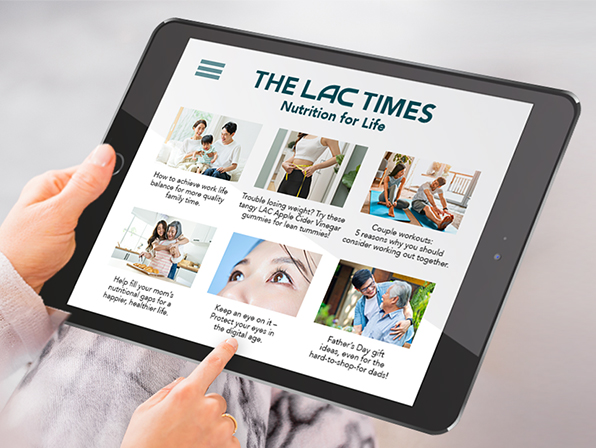
Keep An Eye On It – Protect Your 👀 In The Digital Age

Is Your Child Driving You Crazy? Here Are 7 Supplements To Help You Stay Calm and Sane.
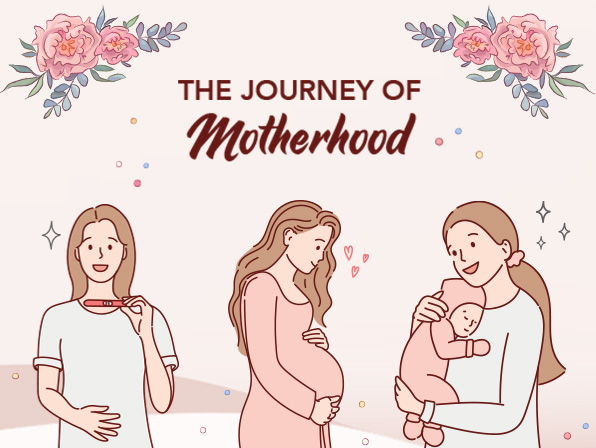
🌸 Happy Mother's Day
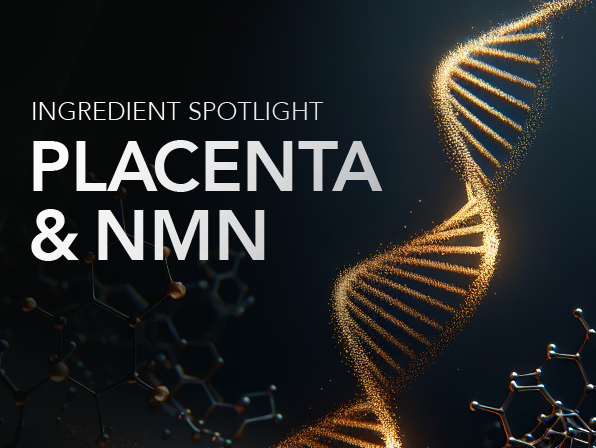
Ingredient Spotlight: Placenta and NMN

What is Revenge Sleeping Procrastination?

8 Tips For Building Mental Resilience In Your Child
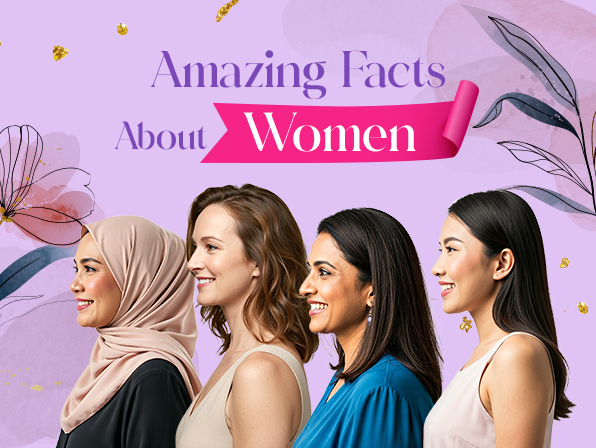
7 Amazing Facts About Women

How Burned Out Are You?

Dozing off at Work? 😴

Managing Diabetes with Weight Loss: A World Diabetes Day Focus
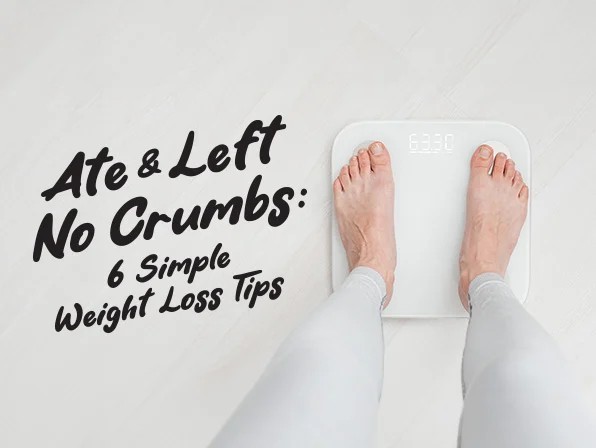
Ate And Left No Crumbs: 6 Simple Weight Loss Tips

Break Free from Weak Bones

Small Bite, Big Threat: Fight Dengue with Confidence

Count Celebrations, Not Calories This Mid-Autumn Festival!
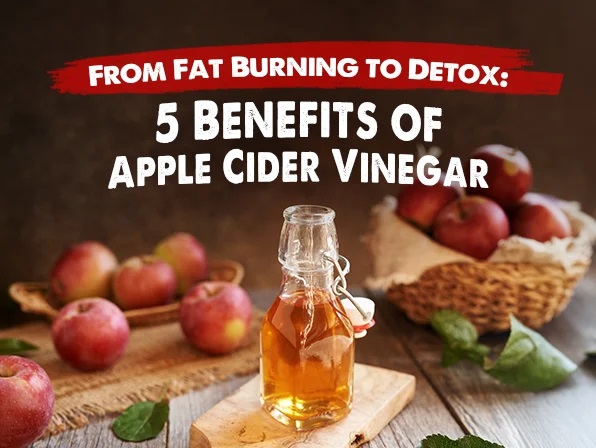
From Fat Burning to Detox: 5 Benefits of Apple Cider Vinegar
